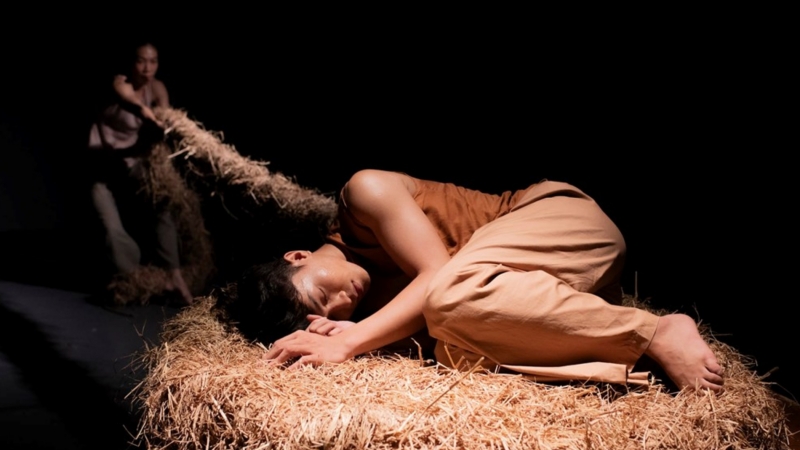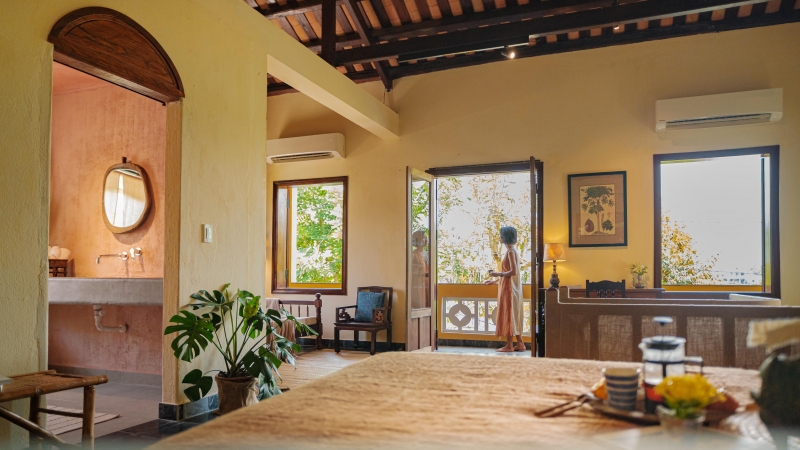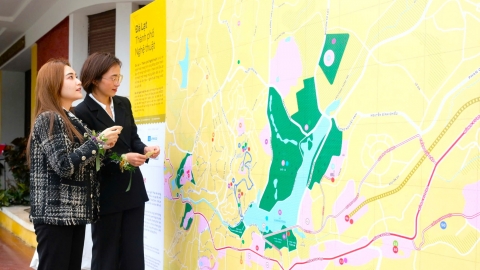Recently, Hoi An City has launched a pilot project for an experiential accommodation model, welcoming guests to live alongside residents of the ancient town. The aim is to create a more unique tourism product for visitors, make the ancient town more vibrant, and improve the lives of local people.
According to previous regulations, in order to register as an accommodation establishment, the household head had to meet the following conditions: be a local resident, have a permanent address and actually live at the accommodation establishment,... Priority was given to households whose lives were closely linked to the production and business activities of traditional crafts, and cultural and artistic activities to enhance the experience for tourists.

The People's Committee of Hoi An City has recently announced some new regulations regarding the pilot implementation of an experiential accommodation model with local residents in the ancient town.
In addition, the accommodation provided by the homeowner must have an architectural style that is compatible with the Old Town area; it must have rooms and spaces that ensure comfortable living and activities for guests and their families. Priority will be given to houses with artistic architectural value, and houses with no more than 5 guest rooms, etc. Besides accommodation, applicants must also ensure the provision of other services such as experiential and exploratory activities related to the daily life of the household, community, and society, according to Hoi An's programs and activities.
However, after a period of practical implementation, Hoi An City realized that some aspects were not entirely suitable. According to city leaders, the new regulations stemmed from the practical desire to create new and attractive tourism products; and at the same time, generate income to help residents in Hoi An Old Town continue to stay in their homes, which Hoi An allowed them to register and organize pilot programs for experiencing accommodation and dining in the Old Town.
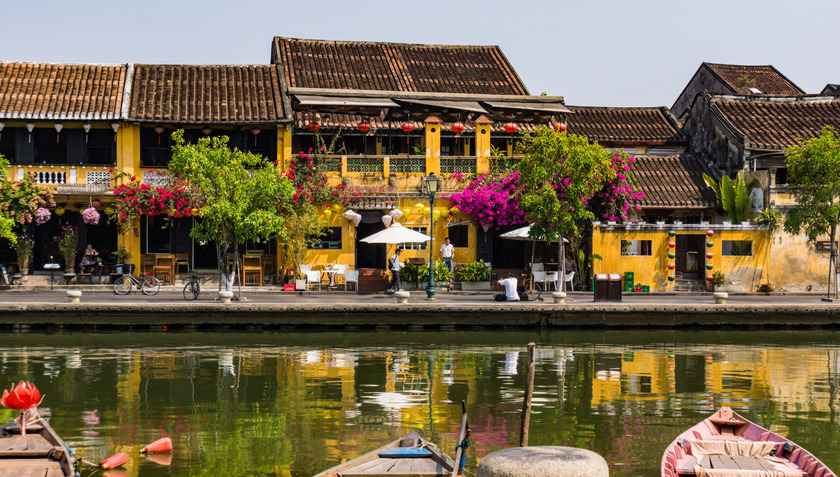
Only "Exemplary Cultural Families" at the commune/ward level or higher, with prestige in the local community or recognized as "Cultural Families" for three consecutive years, are eligible to receive guests.
During the meeting, some residents suggested that households chosen to host visitors for the experience must be genuinely committed to the community and preserve the cultural values of Hoi An. Visitors to the ancient town should be led to families with good manners, representing the unique identity of the ancient town.
To select deserving families, a rigorous screening process and specific criteria are necessary. From this, the households proposed and unanimously agreed to include the condition of "receiving a certificate of merit as an exemplary cultural family at the commune/ward level or higher, having prestige in the community, or being recognized as a cultural family for three consecutive years" as one of the conditions for participating in the pilot program to welcome guests.
Many argue that the government's introduction of new regulations on business conditions, focusing on preserving and promoting the pure and humane cultural values, is necessary. However, requiring businesses to "become exemplary cultural families, or be recognized as cultural families for three consecutive years" before being allowed to operate accommodation services in the Old Quarter shows signs of violating the law.
According to statistics from Hoi An, the Old Town alone has over 1,200 ancient relics, 70% of which are privately owned. However, currently only about 20% of these are inhabited. The remaining houses have mostly been transferred to people from other places for business and trade. This situation negatively impacts the "intangible cultural heritage." The Old Town lacks vitality. In particular, rituals, customs, and religious practices are fading away.
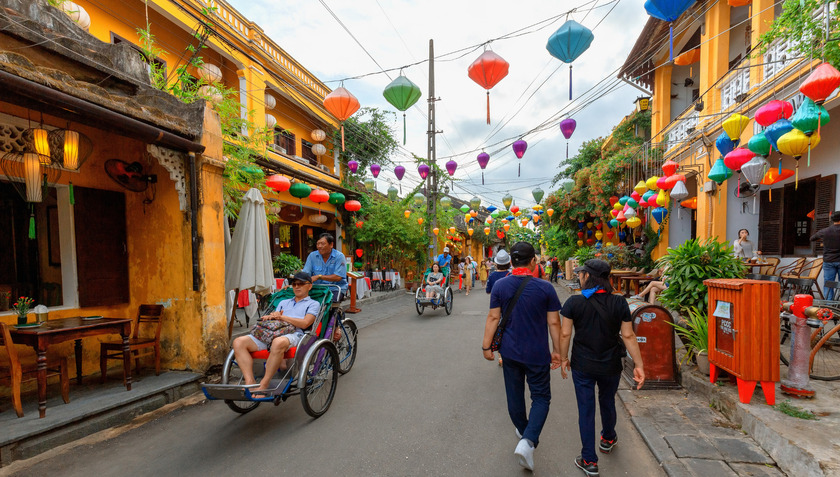
The new regulations have caused many difficulties.
The regulation requiring households to have a certificate recognizing them as "cultural families" before they can operate accommodation services in the Old Quarter is unfair. Accommodation businesses in areas outside the Old Quarter do not require this certificate. The absence of this certificate does not mean that other households, businesses, or individuals operating accommodation services are... uncultured. Furthermore, after three consecutive years without receiving the "cultural family" certificate, will their accommodation business be suspended or banned from operating?
Therefore, using the "cultural family" certificate to rigidly regulate whether or not to allow accommodation businesses and guest reception in the Old Quarter not only causes conflicting opinions but also creates instability both logically and emotionally.
With this latest regulation on eligible accommodation providers, the city of Hoi An not only aims to tighten the criteria but also wants the host families to be local residents with genuine livelihoods and significant contributions to the community where they live.
However, after nearly 5 months of pilot implementation, only one household in Hoi An Old Town has registered for this type of business. Now, with the addition of some binding regulations, a conditional business model, like a "sub-license," it will certainly hinder households wishing to operate experiential accommodation services in the Old Town.

 VI
VI EN
EN





